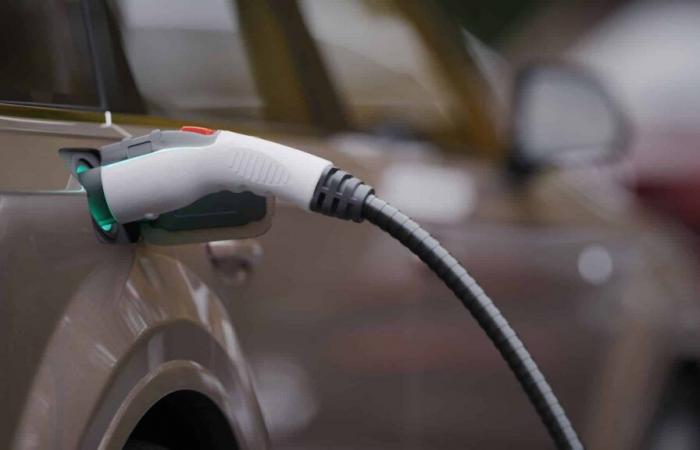
There is a lot of talk about electric vehicles (EVs) as a solution to reducing our carbon footprint. But now a very recent study carried out by Ipsos in 2024 and shared with NPR reveals a change of heart among Americans. As technology advances and environmental laws tighten, skepticism grows around the green benefits of EVs, influencing both public debate and purchasing choices.
Why this distrust of EVs?
According to the study, 58% of Americans still think EVs are greener than their gas-powered cousins. But this figure has fallen by 5 points since 2022signaling a shift in public opinion. This decline goes hand in hand with a rise in skepticism among those who hesitate to take the plunge. Discussions on the internet and in the media clearly reflect this growing uncertainty.
One of the reasons for this distrust comes from awareness of the ecological costs linked to the manufacturing of EVs. The extraction required to manufacture batteries, combined with concerns about waste recycling and charging networks sometimes powered by polluting power plants, raises very legitimate concerns.
Real benefits or fakes?
Despite these concerns, several studies confirm that ultimately, EVs remain significantly cleaner than gasoline cars when it comes to air pollution. Jessika Trancik, professor at MIT, explains: “No technology is perfect, but electric vehicles have a serious advantage over those with thermal engines. »
However, misinformation complicates all of this. A viral stat relayed by The Wall Street Journal claims that EVs emit more toxins than conventional cars. This statement is mainly based on the particles emitted by tires and brakes, without really considering the overall carbon footprint. Misinterpretation has reinforced the misconception that EVs are worse for the environment.
What are the obstacles to mass adoption?
The general rise of EVs faces some big obstacles: their high cost, their limited autonomy and the lack of accessible charging stations. Boxes like Tesla are working hard to solve these problems by expanding their charging network and adapting their terminals to also accommodate other EV brands. Plus, Tesla even offers free charging for its new Model S customers!
-On the government side, there are also help such as federal tax credits under theInflation Reduction Actaiming to make EVs more affordable for everyone. But with Donald Trump potentially in power soon, it’s unclear whether these initiatives will last.
Is the general public ready?
Social networks are a good thermometer to see how things are going around the subject. On Reddit and other digital platforms, it is clearly divided between politicized criticism and stated support for EVs. One Facebook user says, “I’m going to enjoy driving to work this morning in my EV,” while another simply comments, “Definitely, it’s cleaner.” »
With all these rapid technological advances and changing political issues in the background, it is clear that the path to mass adoption of electric vehicles will be full of obstacles but also full of opportunities. Consumers must be well informed to make informed choices that will have an impact not only on their daily lives but also on our common future on this planet.
A reaction? Leave a comment
Did you like this article? Subscribe to our free Newsletter for engaging articles, exclusive content and the latest news.





